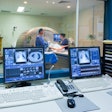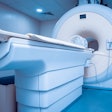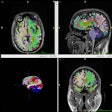An increase in activity at the back of the brain, as shown by functional MRI (fMRI), while the brain processes emotional information may help predict whether depressed patients will respond to an experimental rapid-acting antidepressant, according to a study published online January 30 in JAMA Psychiatry.
The U.S. National Institutes of Health (NIH) team has been studying scopolamine, a drug used to treat motion sickness, since discovering its antidepressant properties in 2006. By blocking acetylcholine receptors, scopolamine can relieve depression in many patients within a few days, whereas conventional antidepressants can often take weeks to work, according to the researchers. However, not all patients respond to scopolamine, making a predictive biomarker particularly useful.
Before receiving scopolamine, study participants performed a working memory task while their brain activity was monitored by fMRI. After scanning and over the following several weeks, 15 patients with depression and 21 healthy participants randomly received infusions of a placebo (salt solution) and/or scopolamine.
Overall, scopolamine treatment reduced depression symptoms by 63%, with 11 patients showing a significant clinical response. The strength of the response correlated significantly with visual cortex activity while the participants were focused on emotional content during the working memory task.
"We have discovered a potential neuroimaging biomarker that may eventually help to personalize treatment selection by revealing brain-based difference between patients," said co-author Maura Furey, PhD, from the NIH's National Institute of Mental Health, in a statement.


.fFmgij6Hin.png?auto=compress%2Cformat&fit=crop&h=100&q=70&w=100)
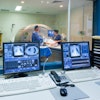
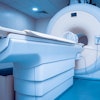

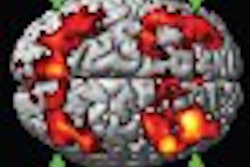
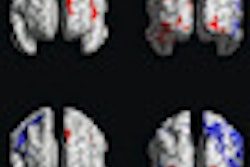
.fFmgij6Hin.png?auto=compress%2Cformat&fit=crop&h=167&q=70&w=250)


